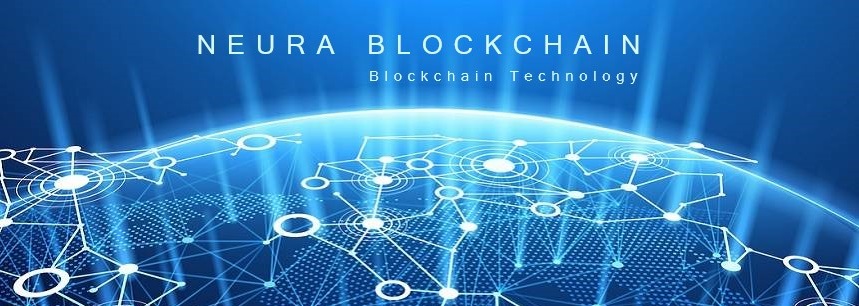* Blockchain technologies:
- To learn more about blockchain, its underlying technology, and use cases, here are some important definitions.
* Decentralized trust:
- The main reason why organizations use blockchain technology, rather than other data warehouses, is to provide a guarantee of data integrity without relying on a central authority.
- This is called decentralized trust through reliable data.
* Blockchain blocks:
- The name blockchain refers to the fact that data is stored in blocks, and each block is connected to the previous block, forming a structure in the form of a chain.
- With blockchain technology, you can only add (append) new blocks to a blockchain. No block can be modified or removed once it has been added to the blockchain.
* Consensus algorithms:
- Algorithms that enforce the rules within a blockchain system. Once the participating parties set up the rules for the blockchain, the consensus algorithm ensures that those rules are followed.
* Blockchain nodes:
- Blockchain data blocks are stored in nodes - the storage units that keep data synchronized or updated.
- Any node can quickly determine if any block has changed since it was added.
- When a new full node joins the blockchain network, it downloads a copy of all the blocks that are currently on the chain.
- Once the new node syncs with the other nodes and has the latest version of the blockchain, it can receive any new block, just like other nodes.
* There are two main types of blockchain nodes:
- Complete nodes: They are those that store a complete copy of the blockchain.
- Lightweight nodes: These are those that only store the most recent blocks and can request older blocks when users need them.
* Types of blockchains:
- Public Blockchain: a public blockchain network, or without permission, is one in which anyone can participate without restrictions. Most types of cryptocurrencies run on a public blockchain that is governed by consensus rules or algorithms.
- Authorized Blockchain: a private or authorized blockchain allows organizations to establish controls over who can access blockchain data.
- Only users who are granted permissions can access specific datasets.
- Oracle Blockchain Platform is an authorized blockchain.
* The business value of blockchain:
- The use of blockchain technology is expected to increase significantly in the coming years. This revolutionary technology is considered both innovative and disruptive because blockchain will change existing business processes with optimized efficiency, reliability and security.
- Blockchain technology offers specific business advantages that help businesses in the following ways:
- Establish trust between parties doing business together by offering reliable and shared data.
- Eliminates data silos by integrating data into a system through a distributed ledger shared within a network that can be accessed by authorized parties.
- Offers a high level of data security.
- Reduces the need for external intermediaries.
- Creates tamper-proof records in real time that can be shared among all participants.
- Allows participants to ensure the authenticity and integrity of products placed in the flow of trade.
- Allows you to track and locate goods and services seamlessly throughout the supply chain.
* An emerging technology:
- Blockchain is an emerging technology that can work with other technologies such as artificial intelligence( AI), the Internet of Things (IoT), and machine learning to help users gain valuable insights from data.
- Traditional IT systems are not designed to handle the huge amount of data of an IoT implementation. The volume, speed and variety of data produced by IoT networks could overload enterprise systems or severely limit the ability to trigger timely decisions based on reliable data. Blockchain distributed ledger technology has the potential to address these scalability challenges with greater security and transparency.
* What is Hyperledger?:
- Hyperledger is an open source project created by the Linux Foundation to promote global collaboration of blockchain technologies. Hyperledger's primary goal is to develop open-source blockchain implementations that address business goals of scale, performance, and security. Hyperledger supports a neutral and open community of members who have contributed code to develop Hyperledger Fabric, the software that many companies use as the basis for blockchain projects.
- Oracle is a member of Hyperledger and Oracle Blockchain is based on Hyperledger Fabric, so it leverages open source and maintains interoperability with core protocols.
Alejandro O. Asharabed Trucido


No comments:
Post a Comment